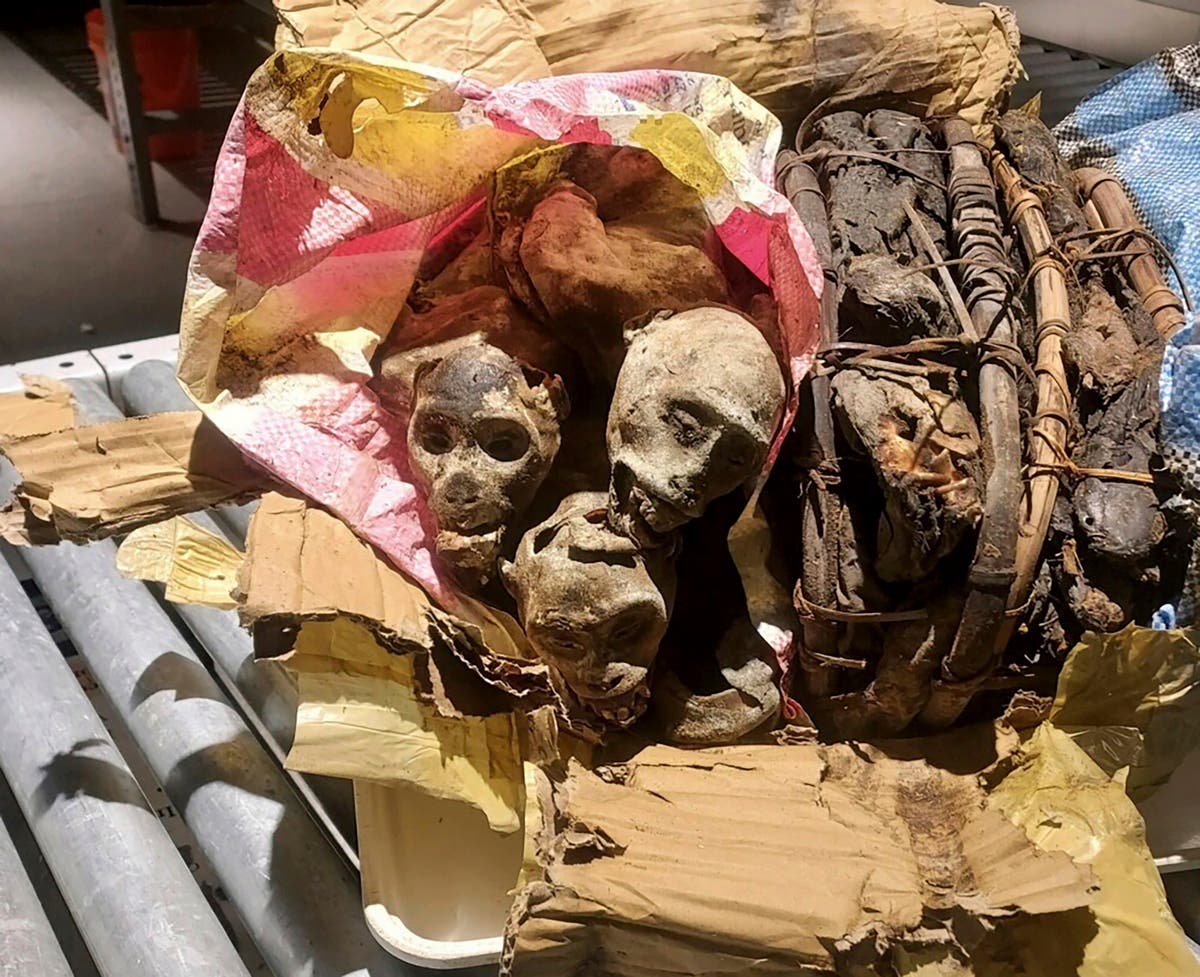Security dog sniffs out mummified monkeys in airport luggage
The traveller said he brought the monkeys into the US for his own consumption


Sign up to Simon Calder’s free travel email for expert advice and money-saving discounts
Get Simon Calder’s Travel email
Airport staff were shocked after a security dog sniffed out something unusual in luggage from a traveller returning from Africa – mummified monkeys.
The passenger returning from a visit to the Democratic Republic of Congo reported that the luggage contained dried fish, but an inspection at Boston Logan Airport revealed the dead and dehydrated bodies of four monkeys, agents said.
The traveller said he brought the monkeys into the US for his own consumption, Ryan Bissette, a Customs and Border Protection (CPB) spokesperson, said on Sunday.
Raw or minimally processed meat from wild animals, sometimes referred to as “bushmeat,” is banned in the US because of the threat of disease.
"The potential dangers posed by bringing bushmeat into the United States are real. Bushmeat can carry germs that can cause illness, including the Ebola virus,” said Julio Caravia, local port director for CPB.
It is even thought one or more HIV strains originated from bushmeat hunters in central and western Africa.
The incident happened last month but was made public on Friday.
The mummified monkeys in the passenger’s luggage
(Customs and Border Protection)
Mr Bissette said Sunday that no charges were filed but all of the luggage was seized and the nearly 9lb of bushmeat was marked for destruction by the US Centers for Disease Control and Prevention.
Earlier this month, a Brazilian woman travelling to Sao Paulo via Panama was charged with wildlife trafficking after 130 harlequin frogs were seized from her luggage.
The alleged smuggler was arrested at Bogota’s El Dorado international airport by authorities after the poisonous animals were discovered packaged inside small film canisters.
Officials described the amphibians, also known as poison-dart frogs, to be in a “dehydrated” and “stressed” condition.

 KickT
KickT 






























.jpg&h=630&w=1200&q=100&v=a905e78df5&c=1)

